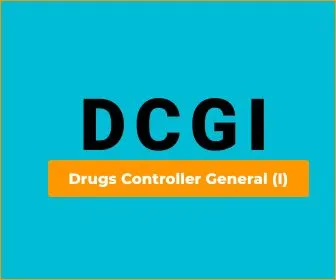Last Updated on January 5, 2024 by The Health Master
New Delhi: The Drug Controller General of India has approved the “restricted use” of a combination of drugs used widely for controlling HIV infection in public health emergency for treating those affected by novel coronavirus (nCoV), official sources said on Wednesday.
According to government sources, apex health research body Indian Council of Medical Research (ICMR) had sought an emergency approval from the DCGI for the “restricted use” of the combination of two medications — lopinavir and ritonavir — for treatment of this respiratory ailment.
“We did our own docking studies and found that this could be a potentially useful drug against nCoV,” an ICMR official said.
This combination along with other drugs has been used in clinical trials in China, where the coronavirus first emerged, and Thailand for treating nCoV-affected patients.
Also read: DCGI releases list of reference products for BE study
“The DCGI has given a no objection for restricted use of this drug combination — lopinavir and ritonavir — in case of a public health emergency on patients affected by nCoV as per the treatment protocol designed by the ICMR,” a government source said.
“Before using this combo of drugs on any patient, the doctor has to take an informed consent from the patient,” the source said.
India has reported three confirmed cases of nCoV so far from Kerala, where nearly 2,000 people are under observation in hospitals and homes.
Three medical students of Wuhan University, all natives of Kerala, who recently returned to India have tested positive.
“As of now, patients are being treated with supportive therapies,” another source said.
Also read: Wockhardt gets DCGI nod for 2 new antibiotics


